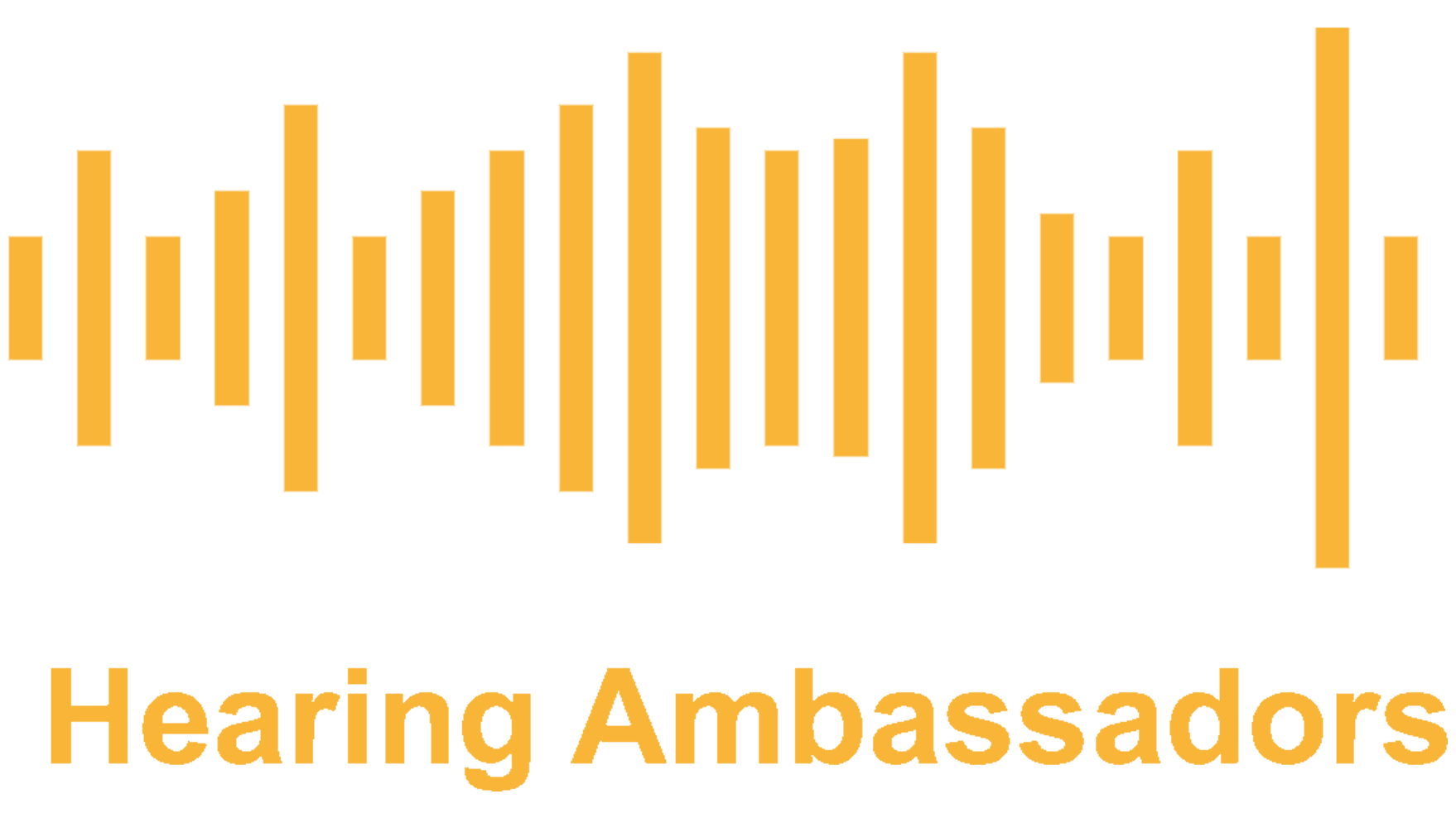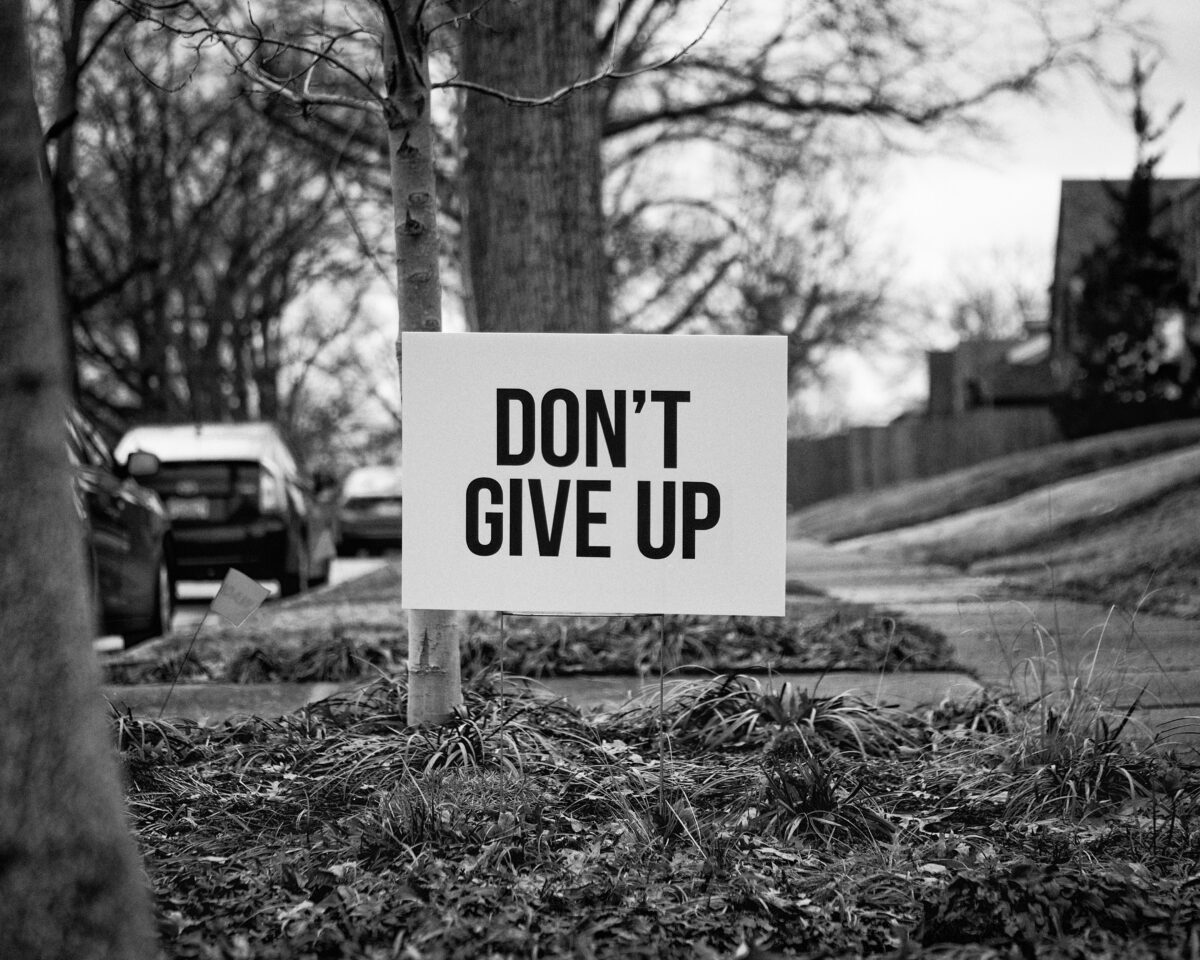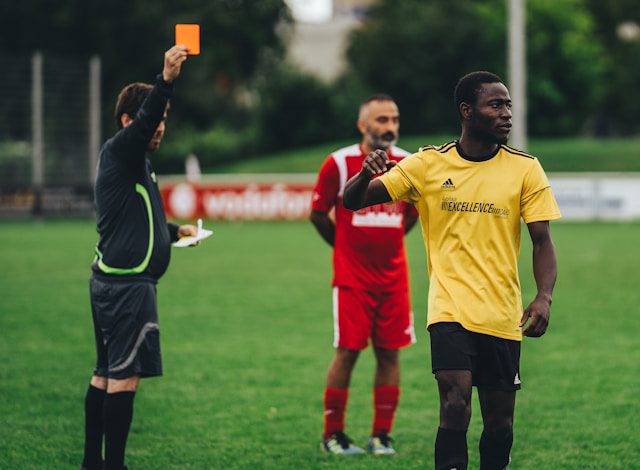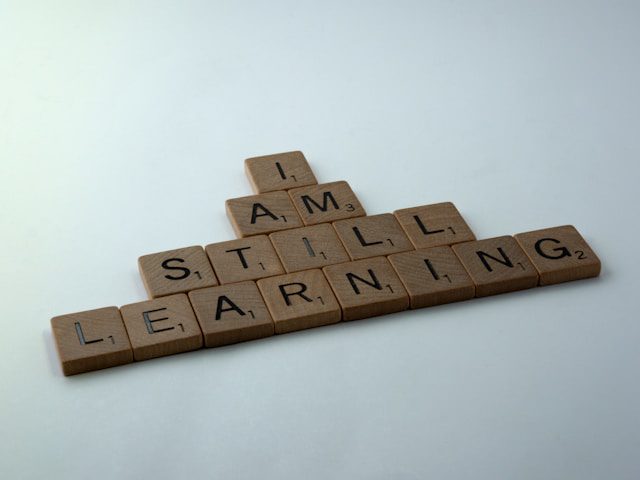What to Do if You’re Not Getting the Hearing Support You Need
We recently received a heartfelt message from one of our readers that really resonated — and we suspect it might with you too.
“While browsing the web yesterday I came across your very helpful site. I’m not sure how I didn’t pick it up sooner – but it was a very timely event as I’m feeling really quite down about my hearing. I’ll be 81 in a few days’ time…”
This gentleman’s story spans six decades of living with hearing loss — a journey marked by persistence, frustration, and resilience. Diagnosed in his twenties with significant hearing loss in one ear, he was told by hospital audiology that “it’s not something we can correct.” He was eventually given hearing aids, but support remained minimal.
Many years later, another hearing test showed that his other ear now had almost no hearing. Yet again, a consultant’s letter advised him to simply “carry on” with hearing aids — with no further investigation.
Fortunately, a referral to a specialist centre changed everything. There, doctors identified an acoustic schwannoma, a type of benign tumour, and provided targeted treatment and new hearing technology (BiCROS aids). For the first time in decades, he felt his hearing needs were properly understood — and his previously “poor” ear became the better one.
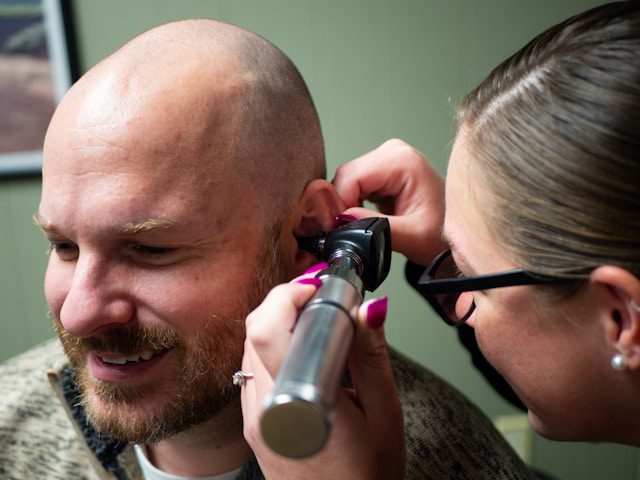
Now in his early 80s, he’s once again facing difficulties. Both sets of hearing aids — NHS and private — have let him down, and he fears his remaining hearing may be declining. Another specialist appointment is on the horizon, and he’s understandably anxious and hoping for answers.
So what can you do if you feel you’re not getting the right support for your hearing?
Sadly, this story is not unique. Many people are told to simply “get on with it” — that hearing loss is inevitable, not treatable, or not worth further investigation. But here’s the truth:
You are entitled to proper care and attention — at any age.
Here are some steps you can take if you feel you’re not being listened to or supported:
1. Trust your instincts
If you feel something isn’t right — a sudden drop in hearing, one-sided loss, tinnitus, dizziness, or hearing aids no longer helping — don’t ignore it. Keep a simple log of your concerns to share with your GP or audiologist.
2. Ask for a second opinion
If your first consultation leaves you with more questions than answers, ask to be referred elsewhere — ideally to a specialist ENT or audiology centre. You have the right to be heard, quite literally.

3. Persist with your GP
Some conditions, like acoustic neuromas (schwannomas), can go undetected unless someone takes the time to investigate further. If your GP listens and takes action — as in the case above — it can make all the difference.
4. Check your hearing aids
If you suspect your hearing aids are no longer working well, request a reassessment. You may need reprogramming, servicing, or new technology. If you have aids from both NHS and private providers, don’t be afraid to compare and ask questions.
5. Reach out to others
You are not alone. Connecting with charities, support groups, or local hearing clinics can provide emotional support, practical tips, and sometimes even advocacy help.

We’re so grateful to our reader for sharing his story — and we wish him the very best at his upcoming appointment.
Have you ever felt let down by the hearing care system? What did you do about it?
We’d love to hear your experience — and any advice you’d give others in a similar situation. Let’s learn from each other and help make sure no one is left to struggle alone.
Please click here to share your story
Hear are some groups that might help you:
Hearing Loss Association of America
